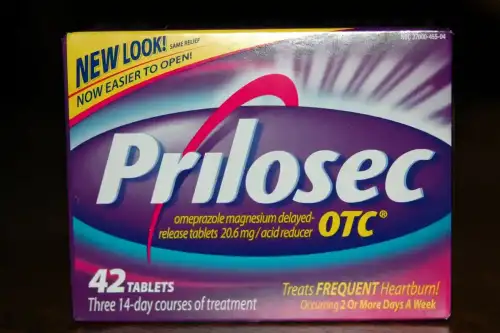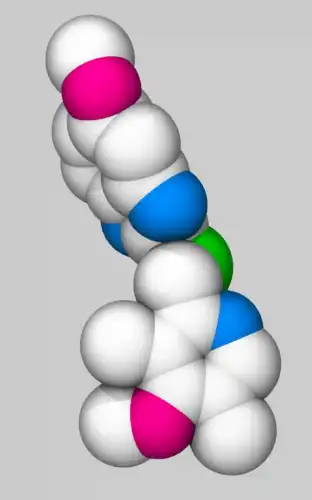Celiac.com 05/12/2025 - Celiac disease is an autoimmune disorder triggered by gluten, affecting millions worldwide. While genetics and diet play key roles, researchers are investigating whether other factors—such as early exposure to certain medications—could influence its development. A recent large-scale study examined whether acid-suppressing medications (like proton-pump inhibitors and histamine-2 blockers) given to infants might be linked to a higher risk of celiac disease later in childhood.
What the Study Investigated
The study analyzed health records of over 79,000 children in Israel, tracking two key factors:
- Early acid-suppressing medication use – Whether infants received these drugs in their first six months of life.
- Celiac disease autoimmunity – Detected through blood tests measuring antibodies linked to celiac disease.
Celiac.com Sponsor (A12):
Researchers used two different methods to assess the connection:
- Cohort Study: Compared children who took acid reducers with those who didn’t.
- Test-Negative Case-Control Study: Only included children tested for celiac disease, comparing those with positive vs. negative results.
Key Findings
1. Cohort Study Results
- Children who took acid-suppressing medications had a 1.6% rate of celiac autoimmunity, compared to 1.0% in non-users.
- Those who used these medications for more than one month had an even higher risk.
- The study suggested a 52% increased likelihood of developing celiac autoimmunity in early acid-reducer users.
2. Test-Negative Case-Control Results
- Surprisingly, when looking only at children who were tested for celiac disease, no significant link was found between acid reducers and positive test results.
- About 5% of children with celiac autoimmunity had taken acid reducers as infants, compared to 4.6% of those without celiac autoimmunity—a difference too small to be meaningful.
Why the Conflicting Results?
The discrepancy suggests that healthcare behavior—not just medication use—might influence the findings.
- Parents who seek acid-reducing medications for their infants may also be more likely to request celiac testing later, even for mild symptoms.
- The first study method (cohort design) couldn’t account for this bias, while the second method (test-negative design) helped control for it.
What This Means for Families with Celiac Disease
- No Clear Cause-and-Effect: The study does not prove that acid reducers directly cause celiac disease. Instead, it highlights how healthcare habits might skew research results.
- Monitoring Still Important: If a child has taken acid-suppressing medications early in life, parents should stay aware of potential celiac symptoms (digestive issues, fatigue, poor growth) but not assume a direct link.
- Need for Better Research: Future studies should account for healthcare access and testing behaviors to avoid misleading conclusions.
Conclusion: A Call for Cautious Interpretation
While early acid-suppressing medication use was initially linked to higher celiac risk, deeper analysis suggests this connection may be influenced by how often children get tested rather than a true biological effect. For families managing celiac disease, this study reinforces the importance of:
- Watching for symptoms rather than fearing medications alone.
- Understanding research limitations when interpreting medical studies.
- Consulting doctors before making changes to a child’s treatment plan.
Ultimately, more precise studies are needed to determine whether acid reducers play any real role in celiac development—or if the observed link is simply a reflection of healthcare trends.
Read more at: jamanetwork.com










Recommended Comments
There are no comments to display.
Create an account or sign in to comment
You need to be a member in order to leave a comment
Create an account
Sign up for a new account in our community. It's easy!
Register a new accountSign in
Already have an account? Sign in here.
Sign In Now